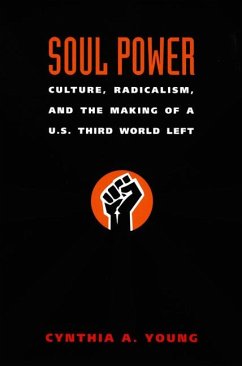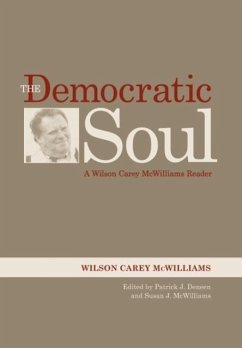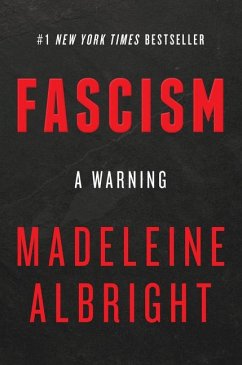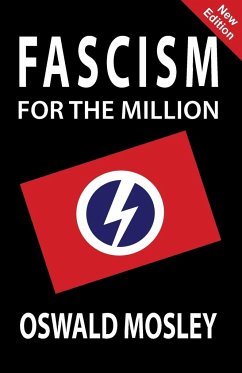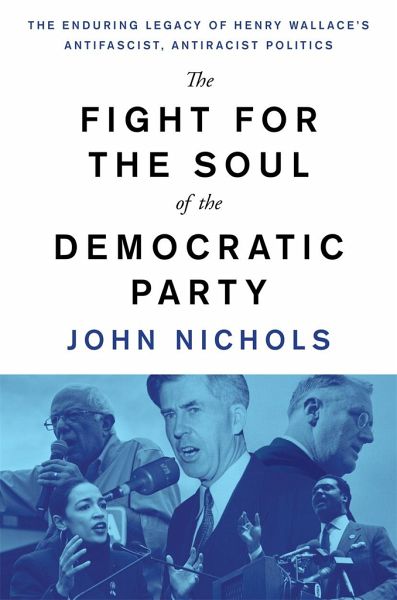
The Fight for the Soul of the Democratic Party
The Enduring Legacy of Henry Wallace's Anti-Fascist, Anti-Racist Politics

PAYBACK Punkte
10 °P sammeln!
American Fascism." As fighting in the European and Japanese theatres drew to a close, Wallace warned that the country might win the war and lose the peace; that the fascist threat the United States. was battling abroad had a terrifying domestic variant, growing rapidly in power: wealthy corporatists and their allies in the media. Wallace predicted that if the New Deal project was not renewed and expanded in the postwar era, American fascists would use fear mongering, xenophobia, and racism to regain economic and political power. He championed a progressive postwar world-an alternative to the r...
American Fascism." As fighting in the European and Japanese theatres drew to a close, Wallace warned that the country might win the war and lose the peace; that the fascist threat the United States. was battling abroad had a terrifying domestic variant, growing rapidly in power: wealthy corporatists and their allies in the media. Wallace predicted that if the New Deal project was not renewed and expanded in the postwar era, American fascists would use fear mongering, xenophobia, and racism to regain economic and political power. He championed a progressive postwar world-an alternative to the rising triumphalist "American Century" notion in which the United States rejected colonialism and imperialism. Wallace's political vision-as well as his nomination to remain vice president-was sidelined by Democratic big city bosses and southern segregationists. In the decades to come, other progressives would mount similar campaigns: George McGovern and Jesse Jackson most prominently. As John Nichols chronicles in this book, they ultimately failed-a warning to would-be reformers today-but their efforts provide us with insights into the nature of the Democratic Party and strategic lessons for the likes of Bernie Sanders and Alexandria Ocasio-Cortez. Wallace's political vision - as well as his standing in the Democratic Party - were quickly sidelined. In the decades to come, other progressive forces would mount similar campaigns: George McGovern and Jesse Jackson more prominently. As John Nichols chronicles in this book, they ultimately failed - a warning to would-be reformers today - but their successive efforts provide us with insights into the nature of the Democratic Party, and a strategic script for the likes of Bernie Sanders and Alexandria Ocasio-Cortez.





